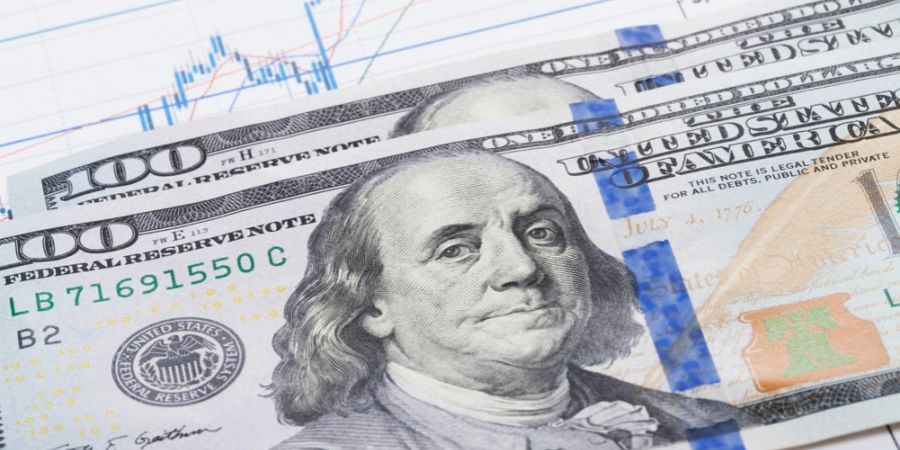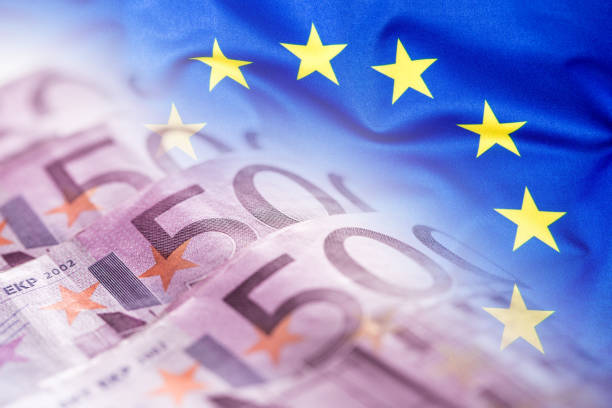การเดิมพันแบบ Polymarket 77% คาดการณ์ว่าเฟดจะลดอัตราดอกเบี้ยลง 25 bps ในเดือนพฤศจิกายน


นับตั้งแต่เริ่มเดิมพัน การปรับลดอัตรา 25 bps ถือเป็นการคาดการณ์ที่ได้รับความนิยมมากที่สุด โดยเริ่มต้นที่ 32% ในเดือนสิงหาคมและเพิ่มขึ้นสูงถึง 82% ภายในเดือนตุลาคม ในขณะเดียวกัน ความเป็นไปได้ที่จะไม่มีการเปลี่ยนแปลงอัตราลดลงเมื่อเวลาผ่านไป โดยขณะนี้ CME วางไว้ประมาณ 12%
ก่อนที่เฟดจะลดอัตราดอกเบี้ยครั้งแรกหลังปี 2020 อัตราเงินเฟ้อกลายเป็นความกังวลของธนาคารกลางน้อยลง ปัจจุบันอัตราอ้างอิงอยู่ที่ 4.75%-5.00% นั่นยังทำให้ตลาดเตรียมพร้อมสำหรับการปรับลดค่าใช้จ่ายเพิ่มเติมในปี 2024 และ 2025 ส่งผลให้เงินราคาถูกขยับขึ้นสู่ S&P 500 โดยมีกำไรสูงสุดในรอบ 12 เดือน จดหมาย Kobeissi ตั้งข้อสังเกต ว่าดัชนีเพิ่มขึ้น 43% นับตั้งแต่เดือนตุลาคม 2023 โดย การเลือกตั้งของสหรัฐฯ ก็มีบทบาทเช่นกัน
เศรษฐกิจสหรัฐฯ ยังคงเป็น “s tron g โดยพื้นฐาน”
ตาม การคาดการณ์ ของ Deloitte ในไตรมาสที่ 3 ปี 2024 เศรษฐกิจสหรัฐฯ อยู่ในสถานะ " tron โดยพื้นฐาน" แม้ว่าจะมีกระแสลมปะทะทั่วโลกและความกังวลเรื่องเงินเฟ้อก็ตาม รายงานระบุว่าการเติบโตในปี 2024 ได้รับแรงหนุนจากการใช้จ่ายของผู้บริโภค การลงทุนทางธุรกิจ และอัตราดอกเบี้ยที่ลดลง
#Fed Gov Waller ชี้ให้เห็นมาตรการผ่อนคลายแบบ "จงใจ": "ข้อมูลกำลังส่งสัญญาณว่าเศรษฐกิจอาจไม่ชะลอตัวมากเท่าที่ต้องการ […] ในขณะที่เราไม่ต้องการที่จะตอบโต้มากเกินไป […] นโยบายการเงินควรดำเนินการด้วยความระมัดระวังมากขึ้นเกี่ยวกับจังหวะของ การปรับลดอัตราดอกเบี้ยเกินความจำเป็นในการประชุมเดือนกันยายน" pic.twitter.com/jCVZg5EnG5
— Gregory Daco (@GregDaco) 14 ตุลาคม 2024
Deloitte underlines that the economy had a slow start in early 2024 before a 3% growth in Q2. The report predicts that the trend could continue, with a 2.7% growth forecast for the year. However, the GDP growth is expected to slow down to 1.5% in 2025.
When it comes to consumer spending, lower interest rates are reportedly helping the numbers. Deloitte projects consumer spending will grow by 2.4% this year. Meanwhile, companies are investing heavily in manufacturing and technology, with laws like the Inflation Reduction Act driving investments. But, geopolitical conflicts and trade issues could lead to higher inflation and slower growth, according to the audit firm. Deloitte believes that if conflicts cause oil prices to rise or lead to new trade tariffs, inflation might stay above 3% into 2025.
Central banks generally maintain a status quo if inflationary concerns arise. However, the report sees a possibility of higher growth if emerging tech like AI leads to greater productivity. “Growth in intellectual property investment is expected to slow compared to the gains observed in 2021 and 2022 but will remain elevated over the course of the forecast period as many sectors incorporate AI and other technologies,” it adds.







